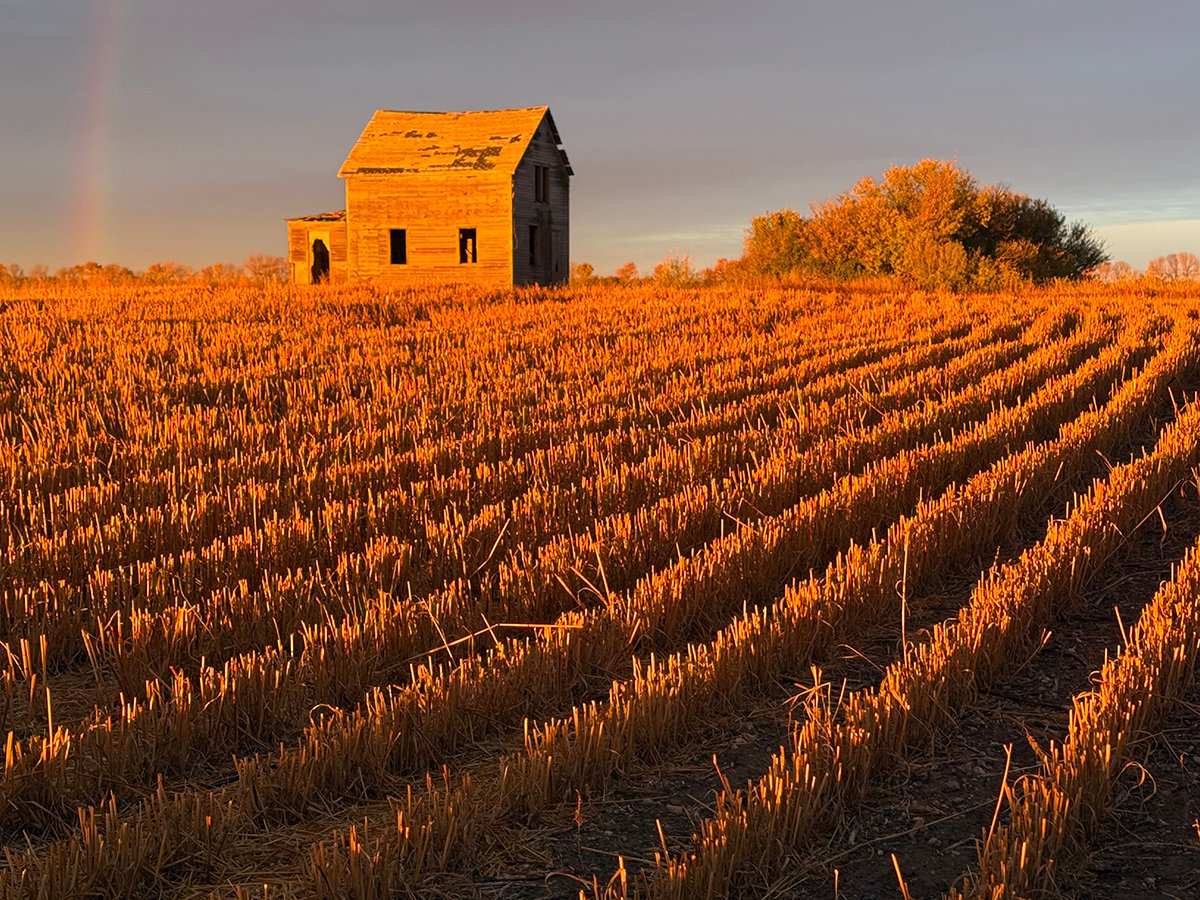At the core of the bitter debate over government legislation to dismantle the Canadian Wheat Board monopoly is a simple question: can the government ignore a farmer plebiscite requirement in the CWB Act?
The Liberals insist the requirement for a plebiscite if the mandate of the board is being changed, which was written into the act in 1998, must be obeyed even though Conservative legislation would rescind the CWB Act as of Aug. 1, 2012.
“This is illegal legislation,” deputy Liberal leader Ralph Goodale, author of the 1998 rules, insisted.
Read Also

Forecast leans toward cooling trend
July saw below average temperatures, August came in with near to slightly above average temperatures and September built on this warming trend with well above average temperatures for the month.
The government scoffs at the claim, insisting parliamentary precedent is that a former Parliament cannot bind a future Parliament.
If the Liberal argument was correct, government House leader Peter Van Loan has argued, “our democratic system would indeed be paralyzed and held back by the heavy hand of history.”
It is a question likely to be at the core of legal challenges announced by the CWB board of directors last week and by a separate group of wheat board supporters.
In the University of Saskatchewan College of Law, professor Dwight Newman says the weight of the law is on the government side.
“I think the dominant legal position is that no Parliament can bind the hands of a future Parliament,” he said in an Oct. 31 interview. “If a Parliament passes a piece of legislation that is inconsistent with a previous piece of legislation, the newer version always takes precedent and this in my mind is simply an instance of that. Parliament is passing legislation down the road that is different from the legislation that existed before and it takes precedent.”
At Queen’s University in Kingston, professor emeritus Ned Franks offered the same legal opinion.
“Crudely speaking, a Parliament cannot bind a successor Parliament,” said Franks, one of Canada’s preeminent authorities and authors on parliamentary issues. “That is a basic and a perfectly reasonable thing.”
But Franks, whose personal sympathies lie with the CWB and its role working for farmers, said a legal challenge could also raise the issue of whether the Conservatives are obeying the “spirit” of the law.
The government said it is in compliance with the CWB Act because while farmers will be able to forward contract future grain sales outside the CWB once the legislation is proclaimed into law this winter, the board monopoly will remain in place for sales of the 2011-12 wheat and barley crop until the July 31 end of the crop year when the legislation will be revoked.
“What they can say is that they are not going to defy the existing law until the existing law no longer exists,” he said. “This is what you call operating on the letter of the law but not the spirit. I would say the courts cannot just look at the principle of not binding future Parliaments but it should also look at whether this is a government trying to do indirectly what it cannot do directly. In other words, they are playing games.”
But would a judge go beyond the letter of the law to assess the spirit?
“I think that would be worth arguing, that the bill might be legal but the process bringing in the act is not,” he said. “I would make that argument although I’m not sure I would get away with it.”
Newman said the proposal that government process in passing legislation could be part of an appeal of legislation has not been thoroughly tested in court.
“I guess I would say this is an argument that could be made on the wheat board side but I still think that argument is inconsistent with the idea that Parliament can pass legislation if it wants,” said the former law clerk to a Supreme Court chief justice. “It is an argument the wheat board people can make, although I don’t think it would win out.”














